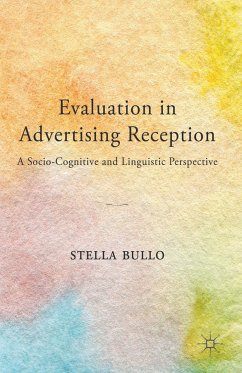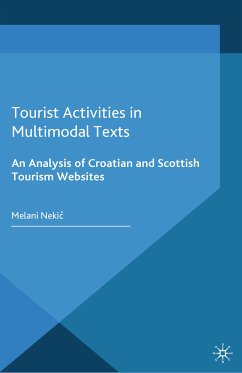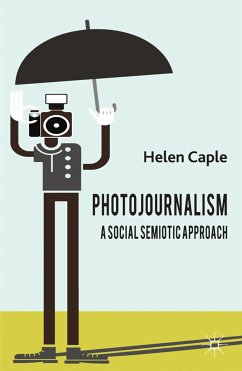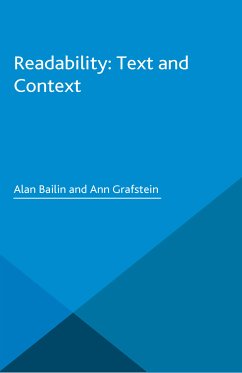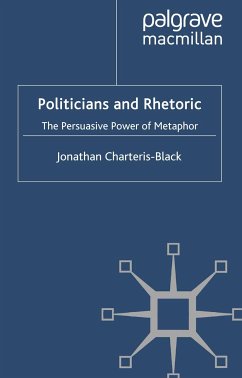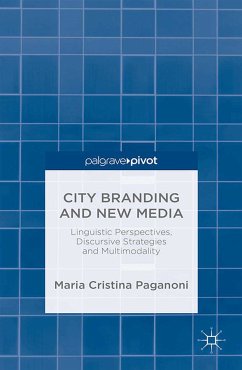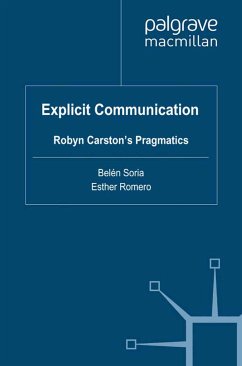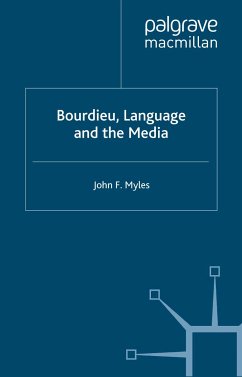
Chinese Discourse Studies (eBook, PDF)
Versandkostenfrei!
Sofort per Download lieferbar
40,95 €
inkl. MwSt.
Weitere Ausgaben:

PAYBACK Punkte
20 °P sammeln!
Chinese Discourse Studies presents an innovative and systematic approach to discourse and communication in contemporary China. Incorporating Chinese philosophy and theory, it offers not only a distinct cultural paradigm in the field, but also a culturally sensitive and effective tool for studying Chinese discourses.
Dieser Download kann aus rechtlichen Gründen nur mit Rechnungsadresse in A, B, BG, CY, CZ, D, DK, EW, E, FIN, F, GR, HR, H, IRL, I, LT, L, LR, M, NL, PL, P, R, S, SLO, SK ausgeliefert werden.



